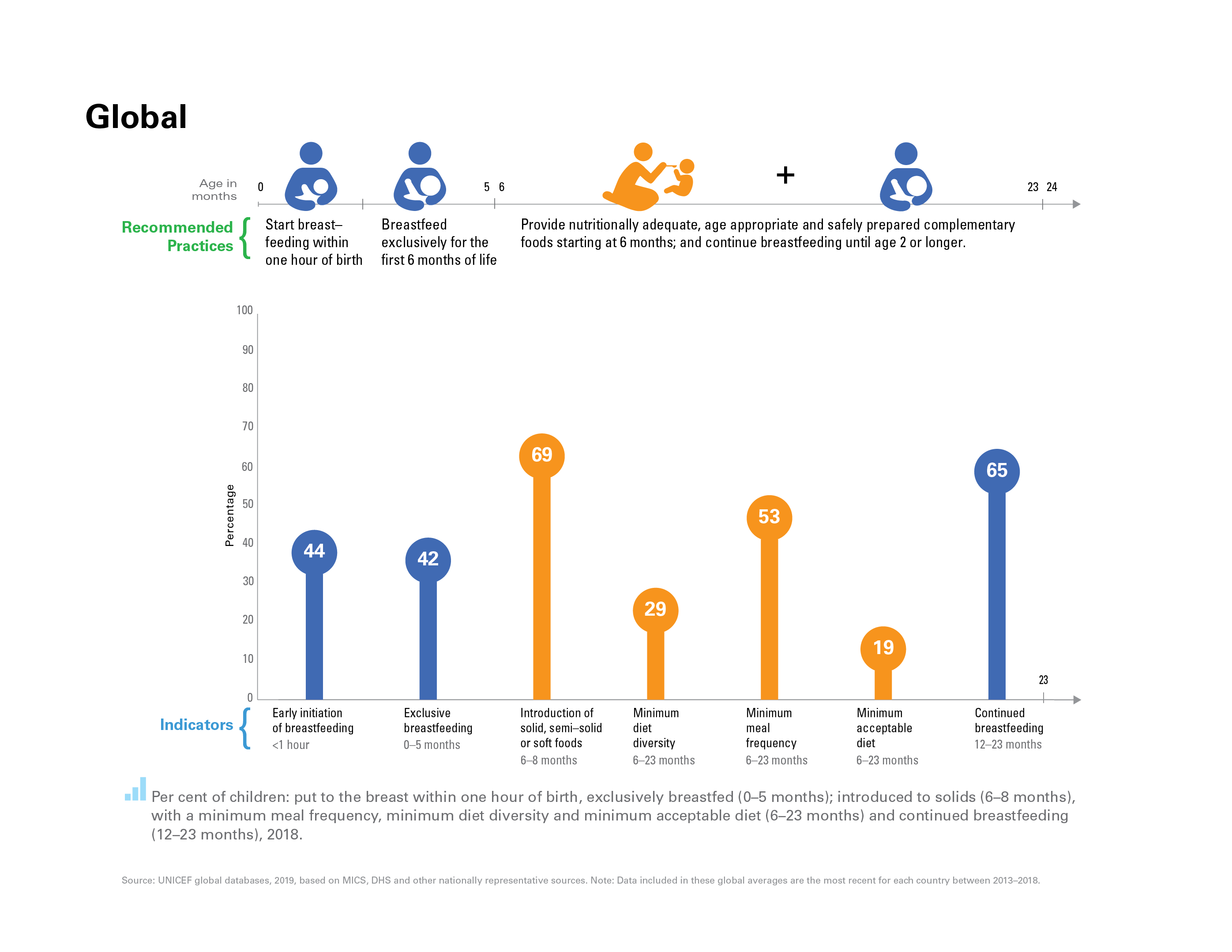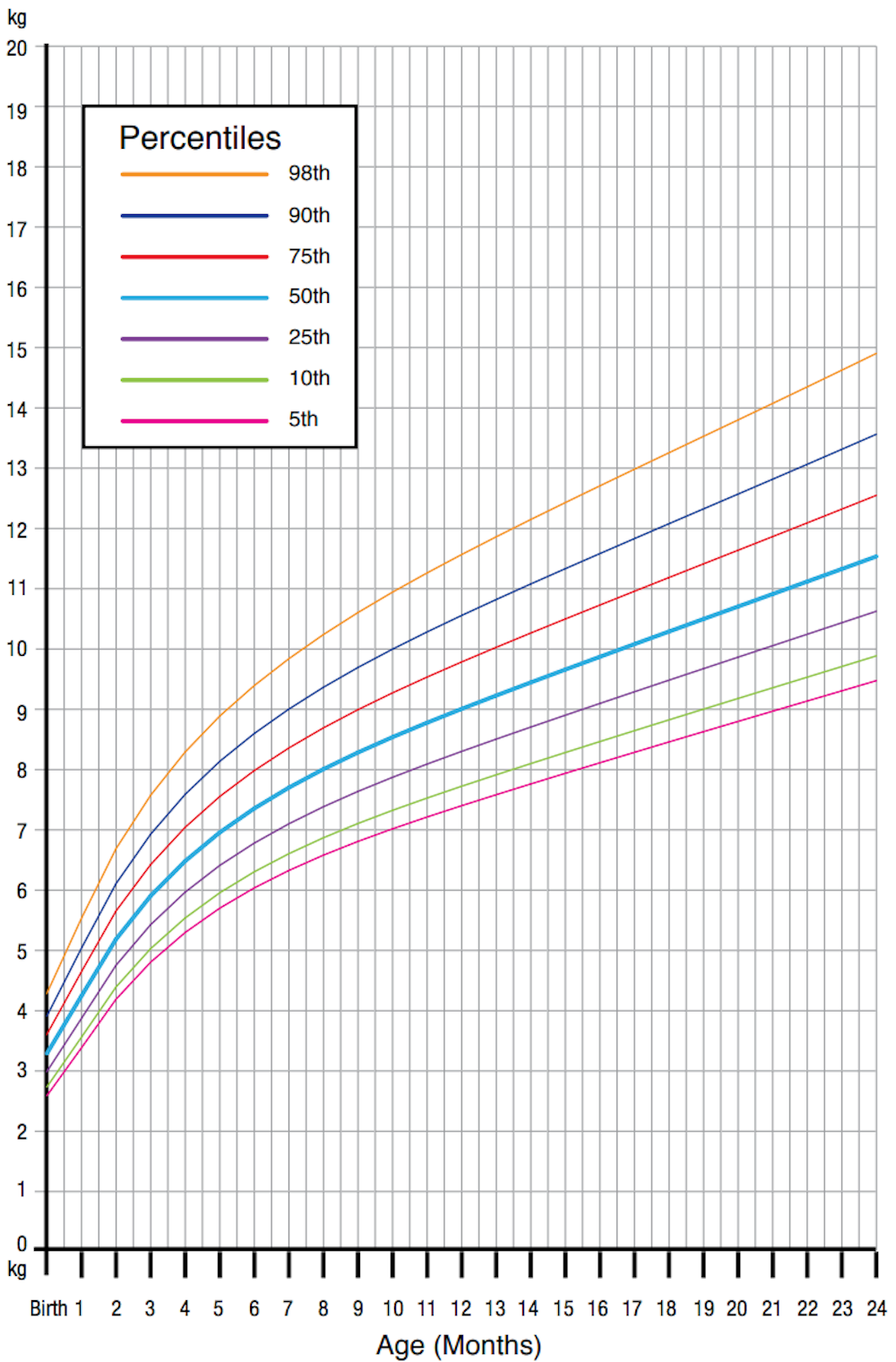World Health Organization Baby Food Guidelines

Fao food and agriculture organization of the united nations hiv human immunodeficiency virus iarc international agency for research on cancer iaea international atomic energy agency ibfan international baby food action network iccidd international council for control of iodine deficiency disorders icn international conference on nutrition rome.
World health organization baby food guidelines. Use fortified complementary foods or vitamin mineral supplements as needed. It s similar to guidelines released by the american academy of pediatrics aap in 2016 which says children below 18 months. Babies and toddlers should not be left to passively watch tv or other screens according to new world health organization guidelines. Aquaculture used to produce food.
Low fat milk cheeses kefir and yogurts. The world health organization who would like to thank the many individuals who contributed to these guidelines 1 especially hanan balkhy peter. For the purposes of these guidelines food producing animals is considered an equivalent term to food animals. By 8 months most infants can also eat finger foods.
Zero screen time for babies under 1 year old and just an hour a day for children aged 2 to 4 years old. By 12 months most children can eat the same types of foods as consumed by the rest of the family. Fish lean red meats and poultry. 2 3 meals per day for infants 6 8 months of age and 3 4 meals per day for infants 9 23 months of age with 1 2 additional snacks as required.
Sedentary screen time including computer games should not. The code was developed as a global public health strategy and recommends restrictions on the marketing of breast milk substitutes such as infant formula to ensure that mothers are not discouraged from breastfeeding and that substitutes are. The most suitable consistency for an infant s or young child s food depends on age and neuromuscular development 19. Increase the number of times that the child is fed.
The world health organization who released its first ever guidelines for how much screen time children under 5 years old should get and it s very very strict. The international code of marketing of breast milk substitutes also known as the who code is an international health policy framework for breastfeeding promotion adopted by the world health assembly wha of the world health organization who in 1981.














